1. Hats Off the Bed Means Trouble
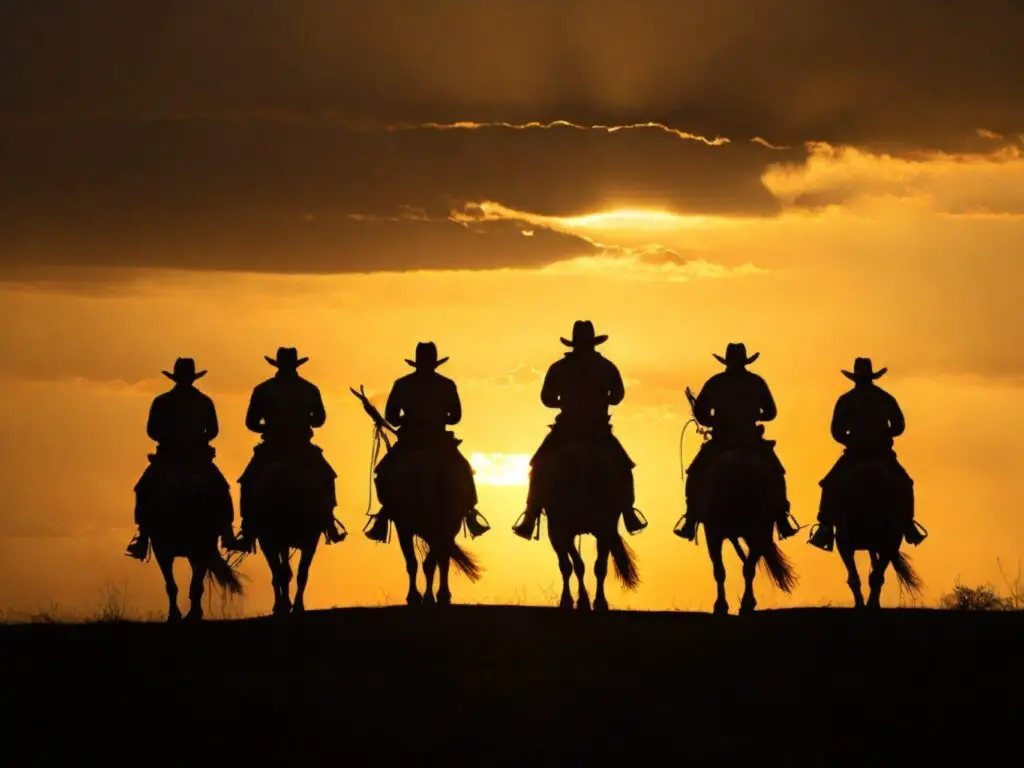
Cowboys believed placing a hat on a bed brought misfortune, sickness, or even death. This superstition likely stemmed from the practicality of life on the trail—hats often carried dust, lice, or grime, so setting one on a bed was downright unhygienic. Over time, it morphed into a full-blown taboo. Today, some still see this as a sign of disrespect to both the bed and the unseen spirits. For cowboys, respecting traditions was as vital as respecting the land they rode on. A hat was more than gear; it was part of their identity, so treating it carelessly was like tempting fate.
2. Don’t Whistle at Night
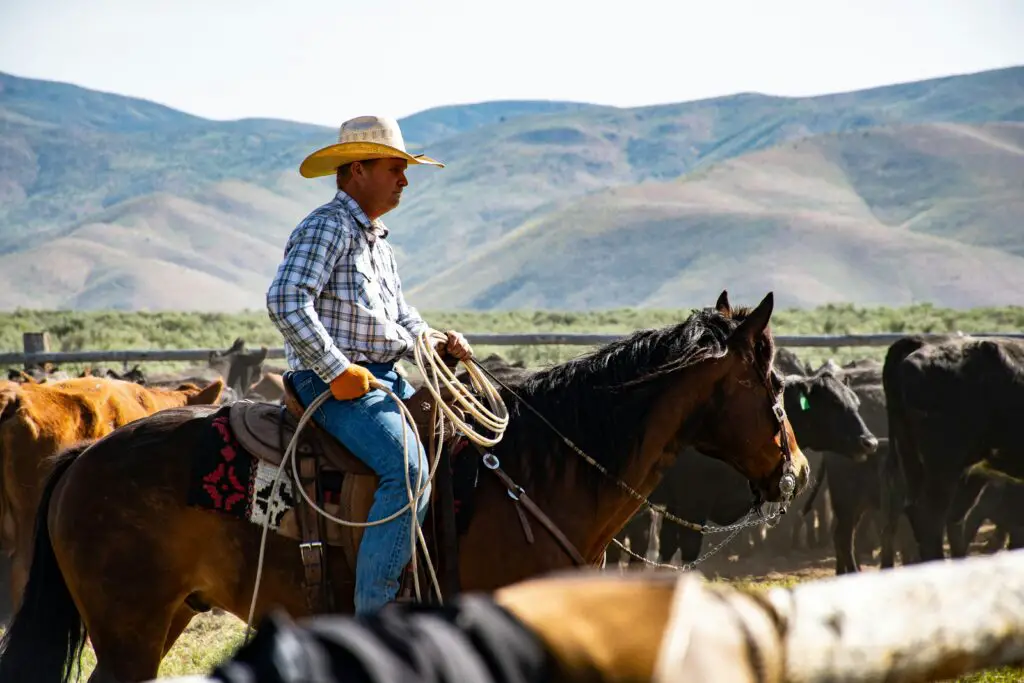
Whistling after sundown was a surefire way to invite bad spirits—or so many cowboys believed. This superstition might’ve originated from practical concerns, as whistling could alert bandits or wild animals to your location. Over time, it became entwined with old folklore, associating the sound with wandering ghosts. Around the campfire, it wasn’t unusual for seasoned wranglers to warn greenhorns about this eerie practice. Whether they feared spooks or predators, cowboys often stuck to humming or singing their favorite ballads instead.
3. Always Mount from the Left
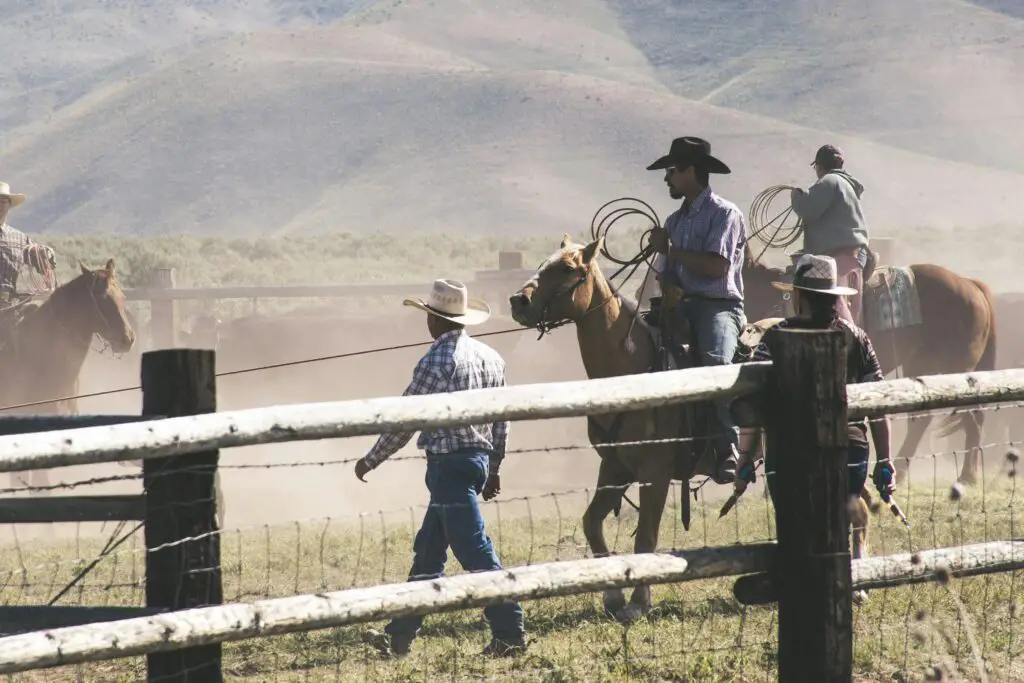
Cowboys had a strict rule: always mount your horse from the left side. Sure, this had practical roots—most were right-handed, so saddles were designed for left-side mounting—but it evolved into a superstition. Mounting from the right was considered bad luck, as it supposedly unsettled the horse and signaled poor horsemanship. Some said a bad mount could curse an entire cattle drive. Even seasoned cowpokes followed this rule religiously, blending tradition with practicality in their dusty routines.
4. A Broken Stirrup Is a Bad Omen
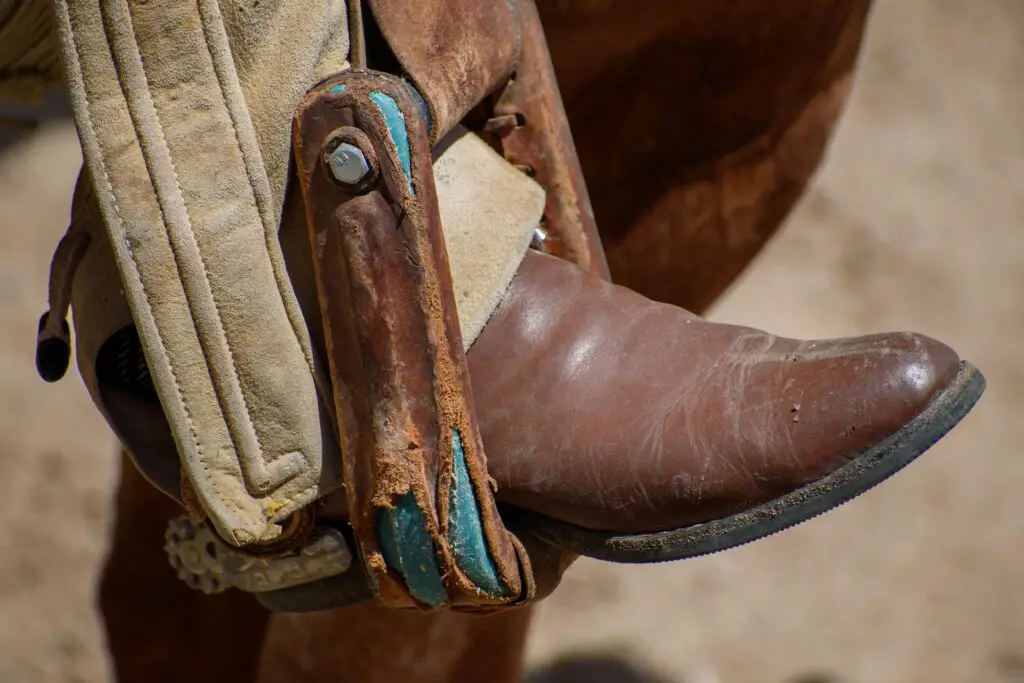
A snapped stirrup wasn’t just an inconvenience; it was seen as a forewarning of misfortune. Cowboys lived dangerously, and anything that threatened their stability on horseback was a serious concern. Beyond the physical danger, a broken stirrup symbolized broken trust—between rider and horse or even among the crew. Stories of cattle drives gone wrong often began with such mishaps, giving this belief a spooky edge. It wasn’t just gear; it was their lifeline, so they treated it with reverence.
5. Beware of Owls Hooting Near Camp
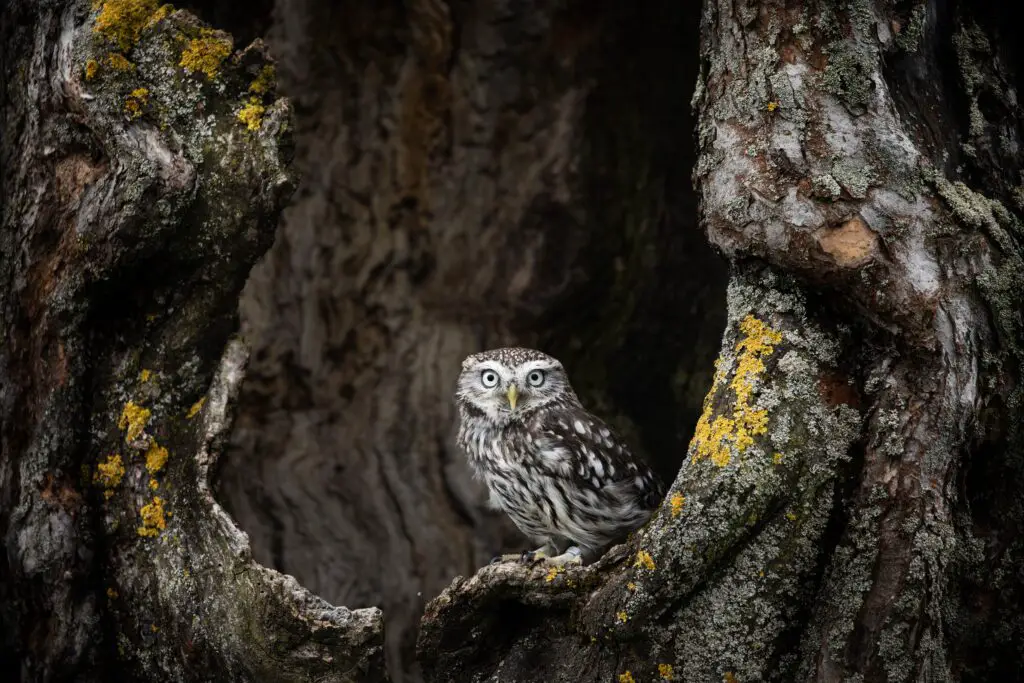
Hearing an owl hoot close to camp wasn’t just unsettling; it was considered a harbinger of death. This belief, likely borrowed from Native American folklore, blended into cowboy superstitions. Some thought the owl’s call represented lost souls, while others took it as a warning to stay alert. In the wilderness, predators and dangers lurked, so heightened senses weren’t a bad thing. Cowboys often threw salt over their shoulders or whispered prayers to ward off the perceived curse.
6. Don’t Change a Horse’s Name
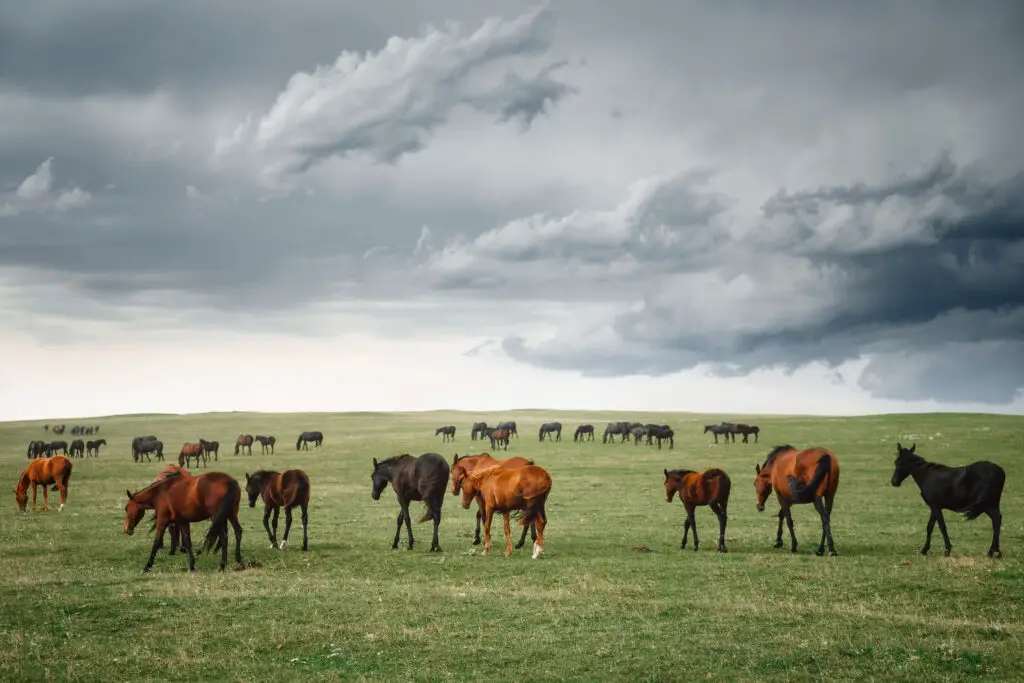
Renaming a horse was a big no-no among cowboys, who believed it disrespected the animal’s spirit. Horses were vital partners, and messing with their identity was thought to sever the bond of trust. A new name could also confuse the horse, leading to accidents or rebellious behavior. On the trail, where every moment counted, a disobedient horse could mean disaster. Cowboys often passed on this rule, ensuring new hands understood the unspoken agreement between rider and steed.
7. Never Count Your Herd Before the Drive
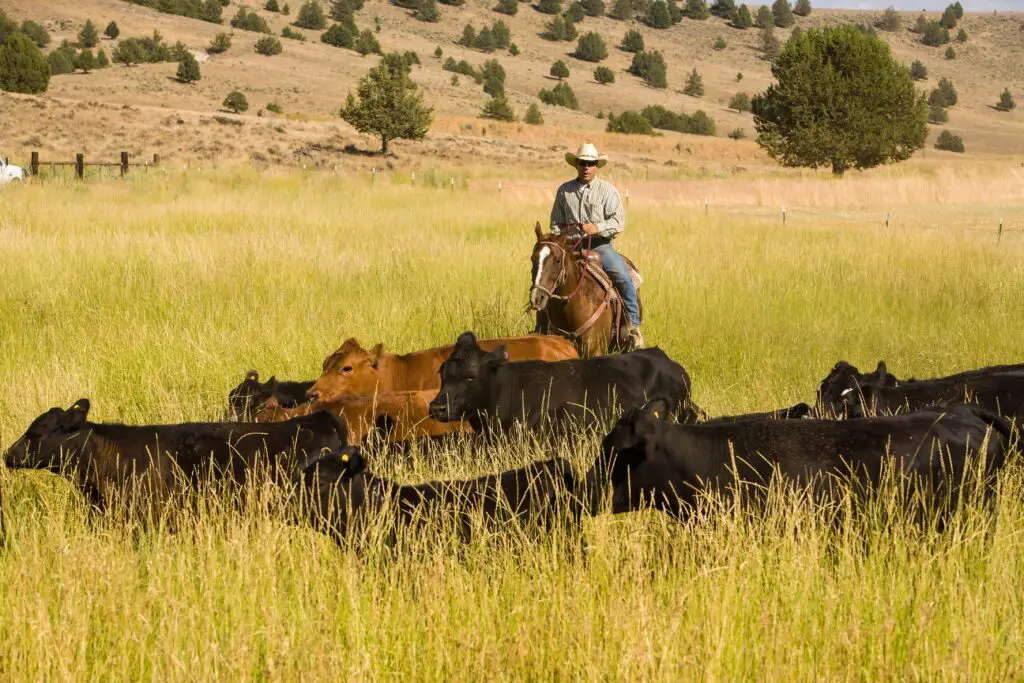
Counting cattle before a drive was seen as courting disaster. Cowboys believed it tempted fate, inviting losses along the way—whether from rustlers, sickness, or stampedes. This superstition likely stemmed from practical concerns about jinxing the hard work ahead. Instead of counting, they used vague terms like “a good bunch” or “plenty” to describe their herd. Even today, this old cowboy caution resonates, reminding us that sometimes it’s best to leave a little mystery in life.
8. The Mysterious Power of Horseshoes
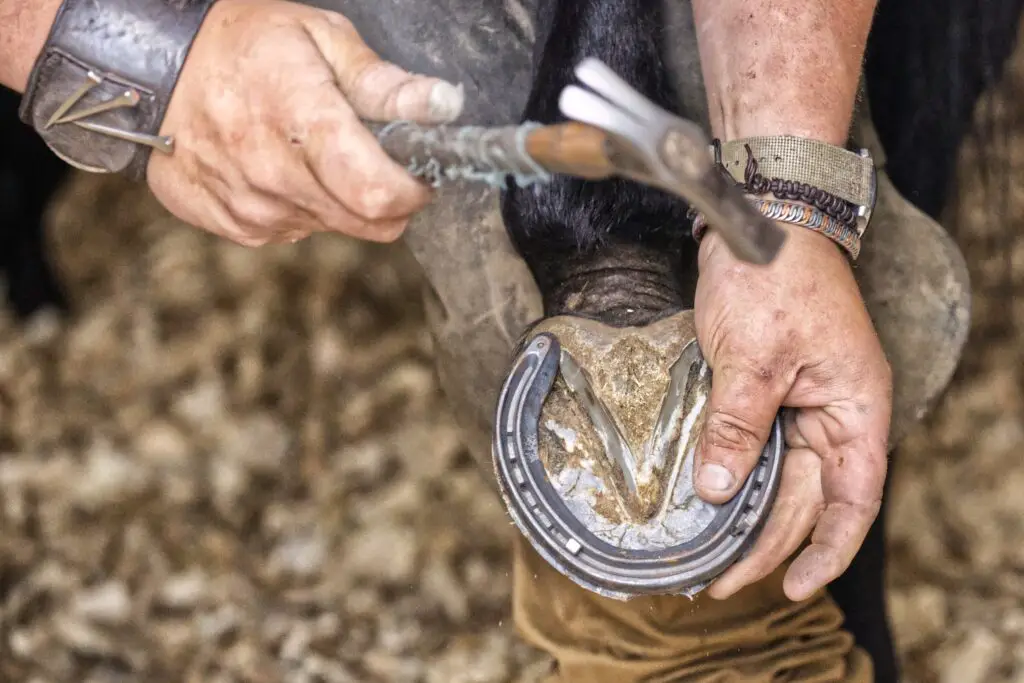
A horseshoe nailed above a door wasn’t just for show; it was believed to ward off evil. Cowboys often carried small horseshoes as talismans, thinking they brought good fortune on the trail. Placement mattered too—open ends up to “catch” luck. This tradition likely came from European folklore but adapted to cowboy life, where luck and survival were closely linked. Many still see horseshoes as a timeless emblem of protection and prosperity.
9. A Snake Skin Brings Fortune—or Trouble
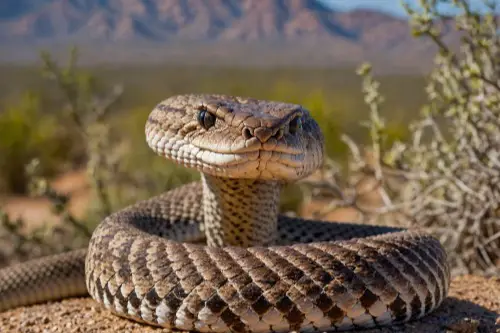
Finding a snake’s shed skin on the trail sparked mixed emotions among cowboys. Some believed keeping it brought luck, like a charm against misfortune. Others thought the opposite—that carrying it could curse the entire group. Snakes held a mystical significance in many cultures, and cowboys weren’t immune to such influences. Either way, encountering a snake skin was never mundane; it carried a story and often sparked a heated debate around the campfire.
10. Don’t Ride a Mule Into a Thunderstorm
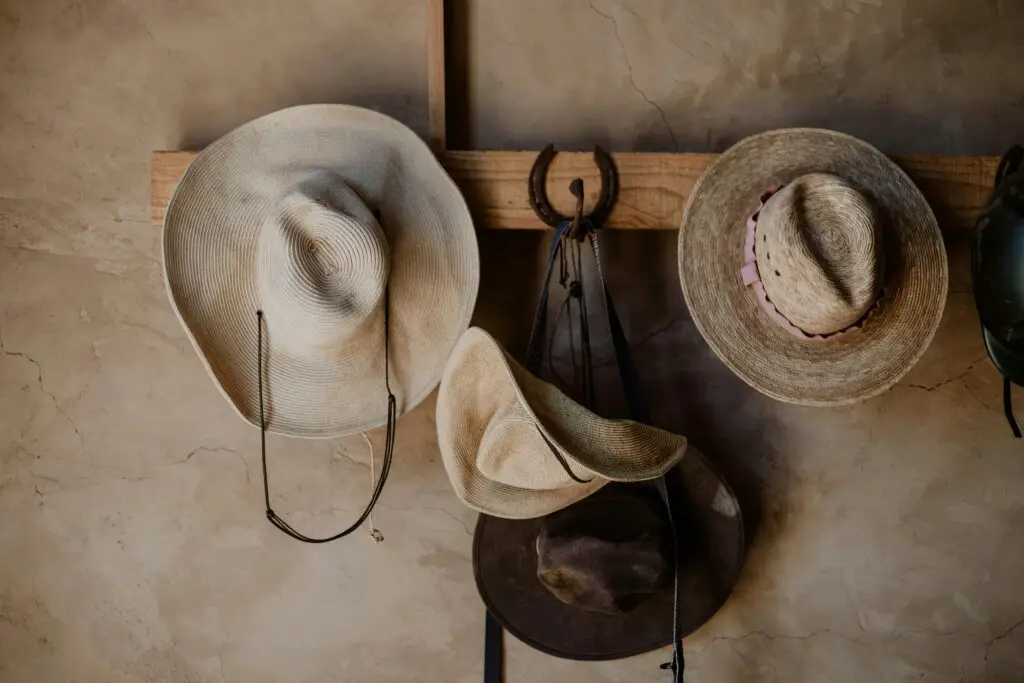
Mules were known for their stubbornness, but cowboys believed riding one into a storm was downright unlucky. Mules had a reputation for sensing danger, and if they hesitated, it wasn’t wise to push them. Ignoring this warning could lead to accidents or worse. Cowboys learned to trust their animals’ instincts, blending superstition with common sense. A mule’s hesitation could mean the difference between safety and a brush with lightning on the open plains.
11. Crossing Running Water at Night Is Risky
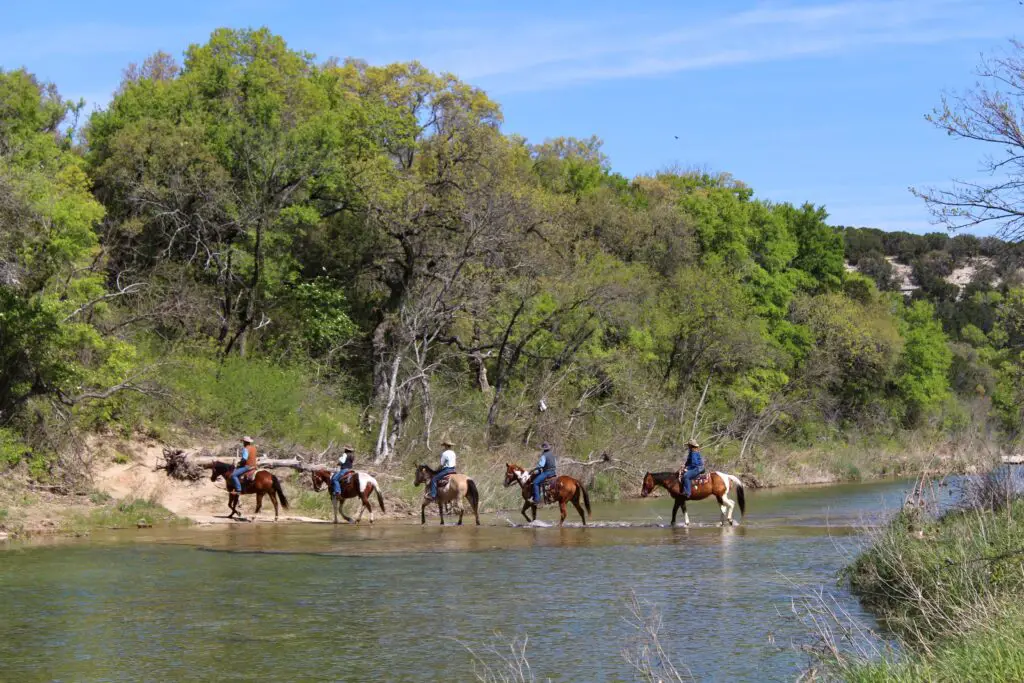
Night crossings of rivers or streams were seen as dangerous for both practical and superstitious reasons. Cowboys believed spirits of the drowned lingered near water after dark, ready to pull the living into the depths. From a realistic perspective, the limited visibility and unpredictable currents made night crossings genuinely hazardous. This belief reinforced caution among riders, adding a layer of respect for nature’s unseen forces. It was as much about survival as it was about ghostly whispers.
12. Coins for a Fallen Cowboy
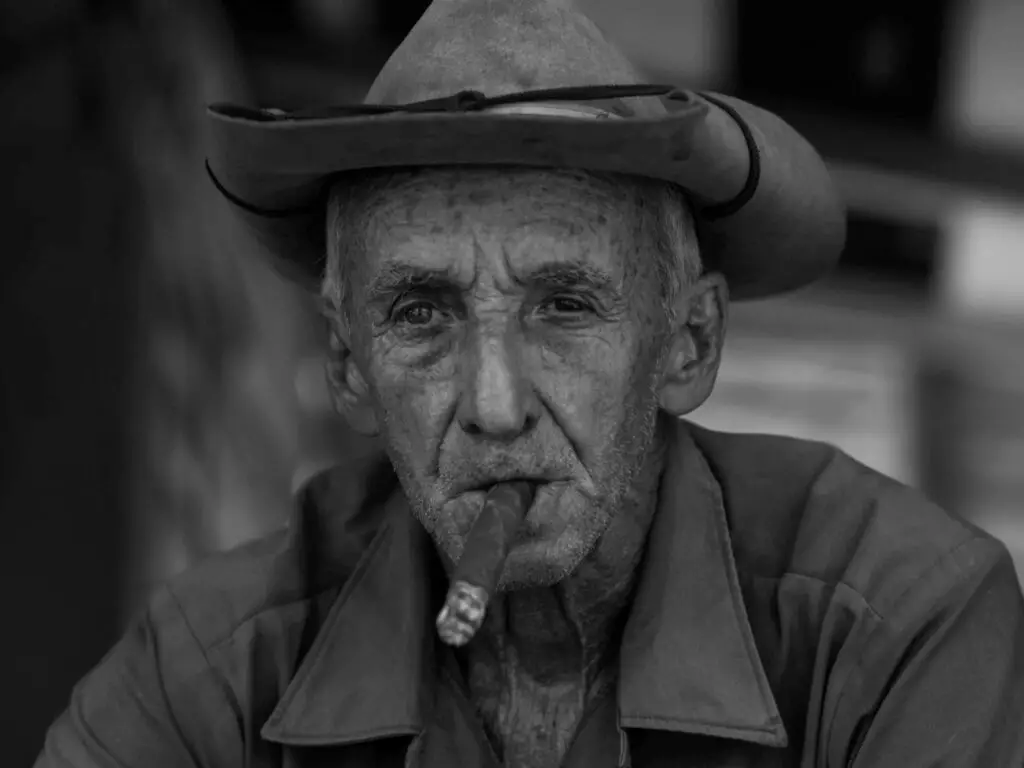
Leaving coins on a deceased cowboy’s eyes wasn’t just a burial ritual; it was believed to pay their passage to the afterlife. Rooted in old traditions, this practice showed reverence for the departed and their journey beyond. Cowboys were often far from churches or formal rites, so these small gestures became sacred. Coins weren’t just currency but symbols of respect, ensuring no spirit lingered unfulfilled. Even today, the sentiment behind this act echoes in cowboy lore.


